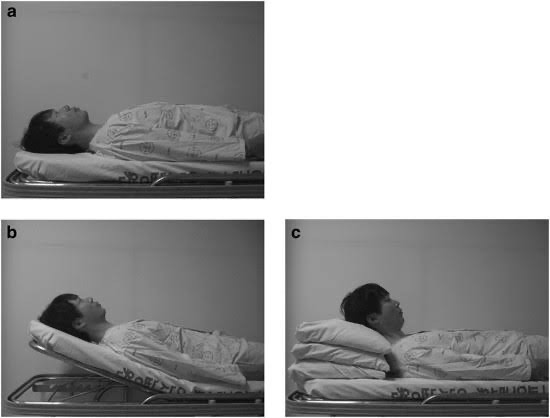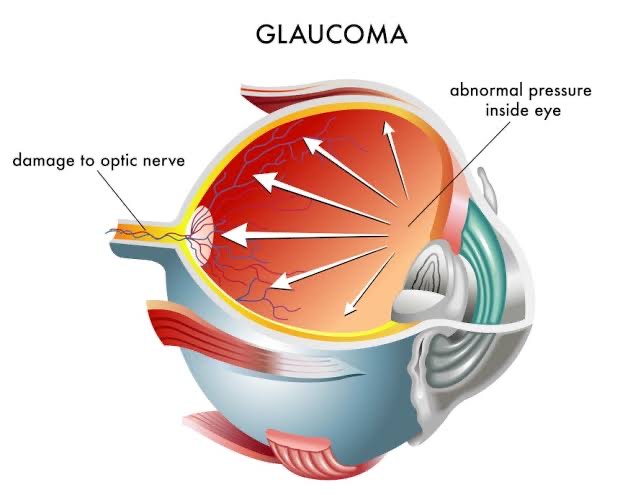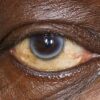RELATIONSHIP BETWEEN SLEEP AND INCREASE IN EYE PRESSURE
Sleep is usually a time for restoration and healing, but the way we sleep, how much we sleep and conditions like apnea can increase your chances of developing a serious eye condition: glaucoma.
The sleep time and duration affect a number of endocrine, metabolic, and neurological functions that are critical to the maintenance of individual health. If left untreated, sleep disorders and chronic short sleep are associated with an increased risk of heart disease, obesity, high blood pressure, and diabetes. Research has indicated that sleep problems may also contribute to worsening glaucoma.
Sleep and Risk Factors for Glaucoma
The quality and amount of our sleep and the way we sleep can increase our risk of developing glaucoma due to the following factors:
Eye Pressure and Glaucoma
The pressure within our eyes is affected by the amount of aqueous fluid and its ability to drain from the eyes. The aqueous fluid doesn’t drain efficiently when we lie flat on our back. The lack of drainage due to positioning during sleep can increase eye pressure, which can strain the optic nerve and increase the risk of glaucoma.
Blood Pressure and Glaucoma
When we sleep, our blood pressure decreases. This is often good for people who suffer from hypertension because it takes some pressure off the cardiovascular system. However, long periods of low blood pressure, or hypotension, during sleep has been shown to exacerbate glaucoma symptoms.
Moderate to very low blood pressure is a problem because it is important for the optic nerve to receive sufficient blood flow. Evidence suggests that low ocular perfusion pressure is a strong risk factor for glaucoma. Ocular perfusion pressure is a complex variable that can be considered as the difference between the blood pressure and the eye pressure. If the blood pressure is low and the eye pressure is elevated, blood has difficulty getting into the eye to supply oxygen and important nutrients.
Patients who are taking medication for high blood pressure may actually have their blood pressures dropping to very low levels during the hours they are sleeping. This reduces the amount of blood flow to the eye and optic nerve and may compromise the optic nerve.
Patients with any progressive glaucoma need to make sure their blood pressure is not dropping to very low levels while they sleep. Both blood pressure and eye pressure vary over the course of the day. Blood pressure naturally dips at night while eye pressure often increases. In situations where blood pressure drops and eye pressure increases overnight, damage to the optic nerve could be occurring.
 Sleep Apnea and Glaucoma
Sleep Apnea and Glaucoma
Sleep apnea is marked by the occasional or frequent cessation of breathing during sleep. Usually, the person is unaware that they have sleep apnea, and only a partner or someone else who sleeps in the same room will notice that they make choking or gasping sounds as they stop breathing.
These periods of interrupted breathing can lessen the flow of oxygen and damage the optic nerve. There is an observable link between people who have sleep apnea and those who suffer from glaucoma, which may suggest a causal connection. The risk of people with sleep apnea developing glaucoma could be as high as 10 times the average. Individuals with sleep apnea should consult their primary care physician, who can suggest lifestyle changes and devices such as oral appliances to help treat the condition.
Glaucoma and the Amount of Sleep
Too little or too much sleep can affect general health and contribute to eye problems. Extended periods of lying down can increase pressure on the optic nerve and contribute to the development of glaucoma. Yet too little sleep causes fatigue and has been associated with field vision loss.
According to a National Health and Nutrition Examination Survey (2005-2008), those who slept 10 hours or more a night had triple the risk of developing glaucoma compared to people who slept only 7 hours a night. Getting three hours of sleep a night tripled the risk of field vision loss.
Among other lifestyle glaucoma prevention tips, such as maintaining a healthy weight and not smoking, getting the right amount of sleep not too much or too little are important steps towards preventing optic nerve problems.
How Glaucoma Interferes with Sleep
Not only does the amount and way we sleep affect the development and progression of glaucoma. This optic nerve disease can interfere with our sleep. This occurs because the communication between the retina’s photosensitive cells and the hypothalamus the part of the brain that contains the circadian clock that regulates sleep is disrupted in glaucoma patients.
The hypothalamus no longer sends a message to the pineal gland to secrete melatonin and induce sleep at the proper time. The result is that people with glaucoma may also experience sleep disturbances.
Head elevation and eye pressure.
Intraocular pressure (IOP) levels were measured in participants lying flat, using multiple pillows, and using a bed-raising mechanism. The study showed that eye pressure was lower when the bed head was elevated at 30 degrees compared to when lying flat. However, there was not much of a significant eye pressure reduction when the head was kept up at 30 degrees using multiple pillows. These findings suggest that elevating the head using multiple pillows may not help to reduce IOP in the supine posture.
To mitigate the effect on patients with advanced stages of glaucoma, some eye providers will instruct their patients to sleep slightly upright.



